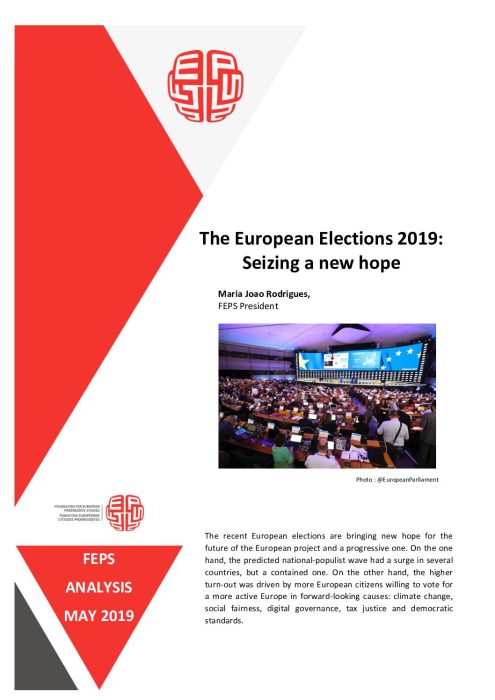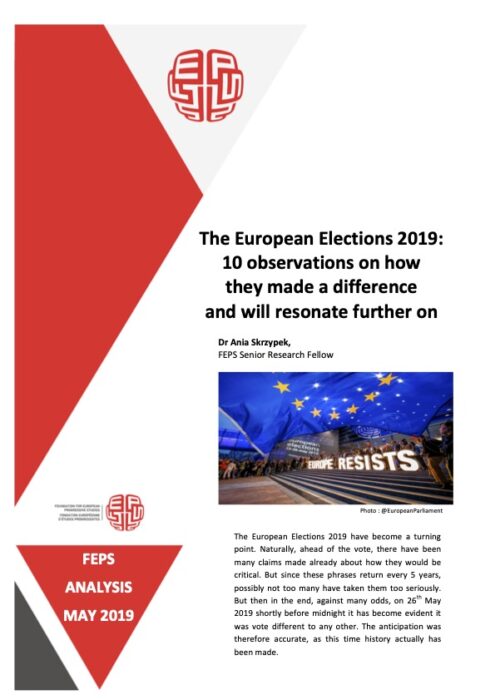Find all related publications
Publications
Find all related events
Events
Past
04/04/2024
FEPS HQ (Expert meeting)
21/03/2024
European Parliament (Hybrid)
08/04/2022
Find all related news
News
Find all related in the media
In the media










